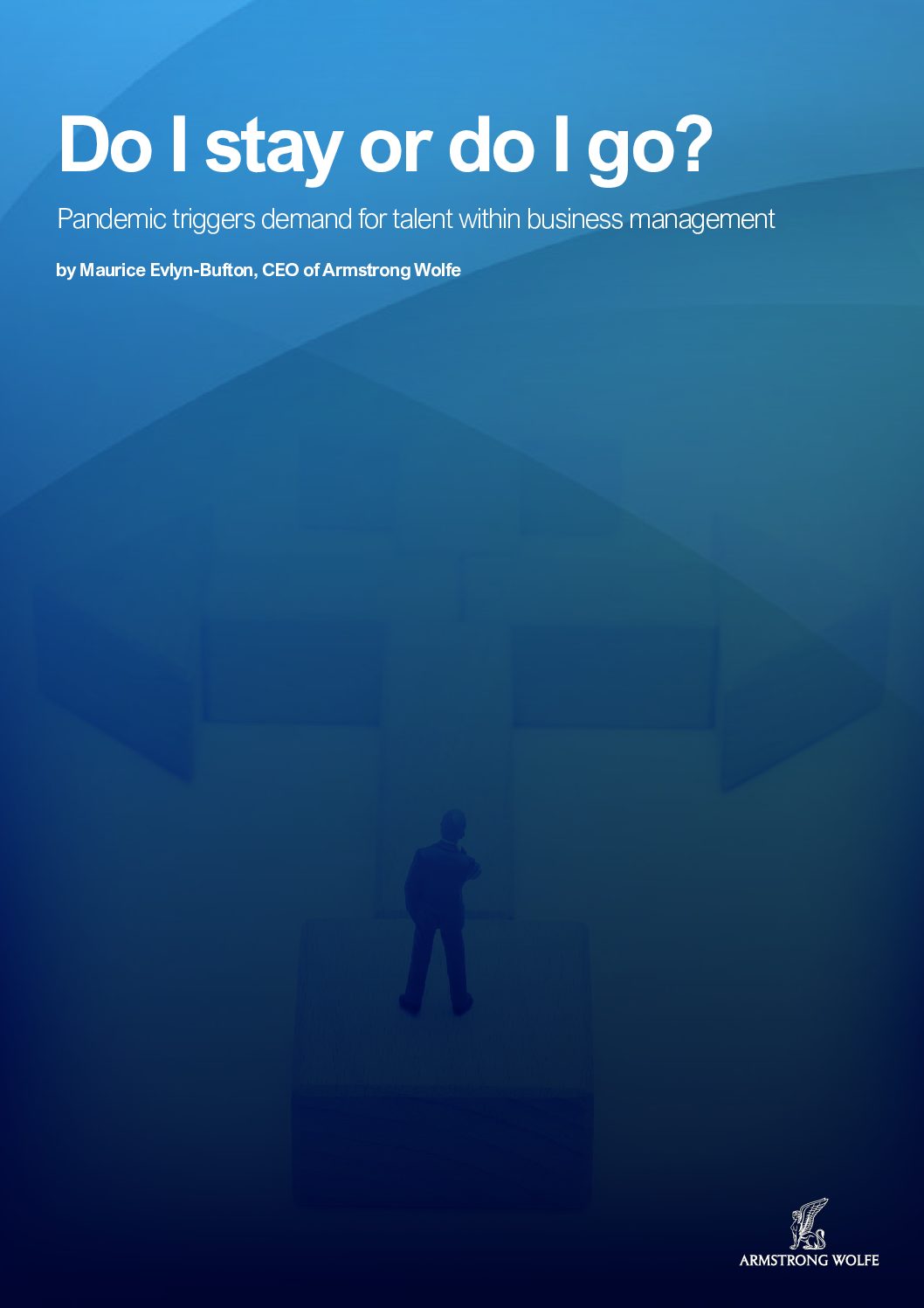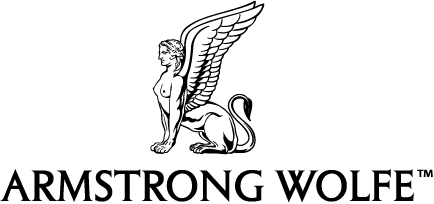Pandemic triggers demand for talent within business management
Recently we were asked the following by a Global COO within Markets:
“Given a number of relatively highprofile Business Manager / COO / 1st Line Control Manager moves within the industry this year, what is your sense of market dynamics within the global COO community (compensation pressures and ‘the war for talent’)?”
We replied: Product COOs The profile of the COO and the demands on it are changing, in part influenced by the pandemic, as the importance/visibility/influence of the platform the COO occupies is now better understood. This is due to the central and instrumental role the COO has played in directing and leading the business in the last 18 months of market wide dislocation.
Additionally, we appear to have arrived at a moment in time when you see the COO mandate pivoting from focus on conduct risk to commercial risk. COOs that have a business, risk or technology background are in demand. The impact is of course an increase in compensation, where banks appear willing to pay to secure the right person, to what extent is hard to say. It would tend to be on a case-by-case basis, but we would note any bank that is between 10 – 20% below upper quartile (total compensation) is left exposed.
Additionally, the value attributed to WFH for staff at banks committed to 100% of staff returning to the office will be tested and it is unknown how adopting a wholesale return to office policy may impact or apply additional pressure on its business management (or other) functions. This impact is difficult to predict as the industry is moving into an experimental phase in workforce management.
1st Line Control Officers
We believe demand is higher for Control Officers than Product COOs, in part driven by those banks committed to a hybrid working model, where meeting supervision, conduct, control, and cultural challenges will be at the forefront of their agenda. Additionally, many remain engaged in remediation programmes, and for some this is aligned to a review and investment in the 1st line control function.
Additionally, for some Control Officers the mandate is pivoting from looking inward at conduct and insider threat, and backward to issues of the past and supporting remediation efforts, to a broadening of what falls within non-financial risk management
This emerging mandate is charged to look outward, forward and to focus on horizon scanning and emerging risks (see Threat Management article, Q1 2021). This is more readily found at those banks with a mature 1LoD function, where they will be prime targets for those seeking to catch up and buy in intellectual capital. The possibility exists, therefore, for banks that have followed and are behind to leapfrog the leading banks and adopt the lessons learnt on staff and resource deployment and their taskings within the 3LoD.
The chance to reduce or not replicate duplication (within 1 and 2LoD) and it’s cost whilst meeting regulatory expectations is an attractive option and will allow some banks to target talent that may have previously been beyond them. By doing so, a bank should be able to establish a platform that is on an anticipatory footing as well as maintaining the ability to react to and build in preventative measures.
Where candidates are below market, a 50% increase on their bid price is possible, with 20% – 30% increases in total compensation being a normalised expectation. At MD level, to move for anything less than 20%, when viewed in context to net income, is nonsensical (unless personal or corporate positioning drives you to look externally). Regardless, it will take more to dislodge the better people and the industry seems to recognise this requirement.
The above being said, keeping your best people is not just down to USD$/GBP£, but from recent meanderings and listening to the chit-chatter of the COO community, it is lack of career progression, a steady-state platform with no apparent route to progression that makes good people, the better people open to external discussions. A common refrain is “I have driven my career unwittingly into a culde- sac, the only way upward would appear outward”.
The COO replied, “You’re clearly confirming my sense of the continued evolution of the COO function as well as the current ‘stresses’ in the market i.e., compensation, competitive bids for talent, career trajectory, need for the COO to be a chameleon and so on.”
The question for some will be ‘do I stay, or do I go?’
Armstrong Wolfe is a global Financial Services advisory firm supporting the office of the Chief Operating Officer. The International COO Community (iCOOC) has over 5000 COOs within a managed network and therefore one degree of separation from each other.
We empower this community by providing thought leadership, promoting cross industry dialogue and supporting collaboration, design and execution. We have a unique blend of COO functional expertise which enables us to support iCOOC members through our advisory and project management services. We aid COO career advancement through our business management training institute and support industry wide efforts addressing diversity and inclusion initiatives through our Women in the COO Community and provide career opportunities for all underrepresented groups with the COO Academy.



Maurice Evlyn-Bufton
CEO of Armstrong Wolfe